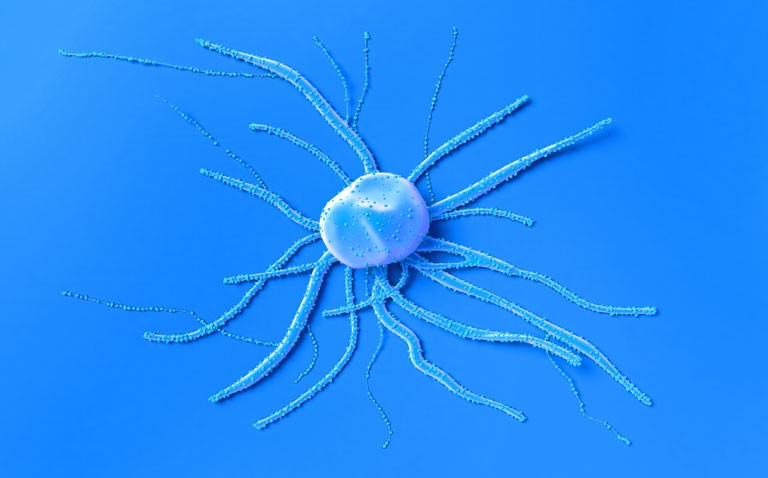While several analyses have examined the link between diet and colorectal cancer, the overall strength of the associations for individual dietary factors remains to be defined.
Colorectal cancer (CRC) is a leading cause of death in both sexes. The concept that diet and in particular, consumption of high fibre foods, plays an important preventative role in CRC has been mooted for many decades. This was based largely on the observations of surgeon Denis Burkitt, who noted a relatively low prevalence of CRC among Africans who consumed a fibre-rich diet.
While previous systematic reviews have examined the evidence for the link between diet and CRC, there has been no attempt to summarise the strength, quality and precision of this evidence. As a result, a team from the Department of Pharmacotherapy, University of Utah, US, undertook an umbrella review which offers a means of grading the quality of the available evidence from systematic reviews.
The team searched for studies which met the following criteria; a meta-analysis of prospective observational studies; investigations of the association between specific dietary factors and CRC incidence. For each of the studies, the authors evaluated the quality of the evidence as either convincing (class I), highly suggestive (class II), suggestive (class III) or weak (class IV).
Findings
In total, 45 studies were included in the final analysis and which described 109 dietary associations. Overall, only 35 of the 109 dietary associations were statistically significant. In terms of the quality of the evidence however, only two of the 109 associations, high intake of red meat and more than four alcoholic drinks per day, were supported by class I evidence and linked to an increased risk of CRC.
In contrast, class I evidence supported an association between a reduced incidence of CRC and higher intake of dietary fibre, calcium and yoghurt, whereas class II evidence suggesting a reduced risk through greater intake of dairy products (e.g., milk and cheese).
The authors estimated that a high intake of dietary fibre was associated with a 16% reduced risk (relative risk, RR = 0.84, 95% CL 0.78 – 0.89) of CRC although the greatest reduction in risk was for a presco-vegetarian diet (RR = 0.67). Interestingly, the association between high vs low fruit and vegetable intake and CRC was weak (RR = 0.93 & 0.96, fruits and vegetables respectively), despite both being good sources of fibre.
The authors concluded that while there was a convincing evidence for an association between a reduced risk CRC and total dietary fibre and lower intakes of red meat, more research was needed for many other specific foods.
Citation
Veettil SK et al. Role of diet in colorectal cancer incidence. Umbrella review of meta-analysis of prospective observational studies. JAMA Netw Open 2021;4(2):e2037341.










